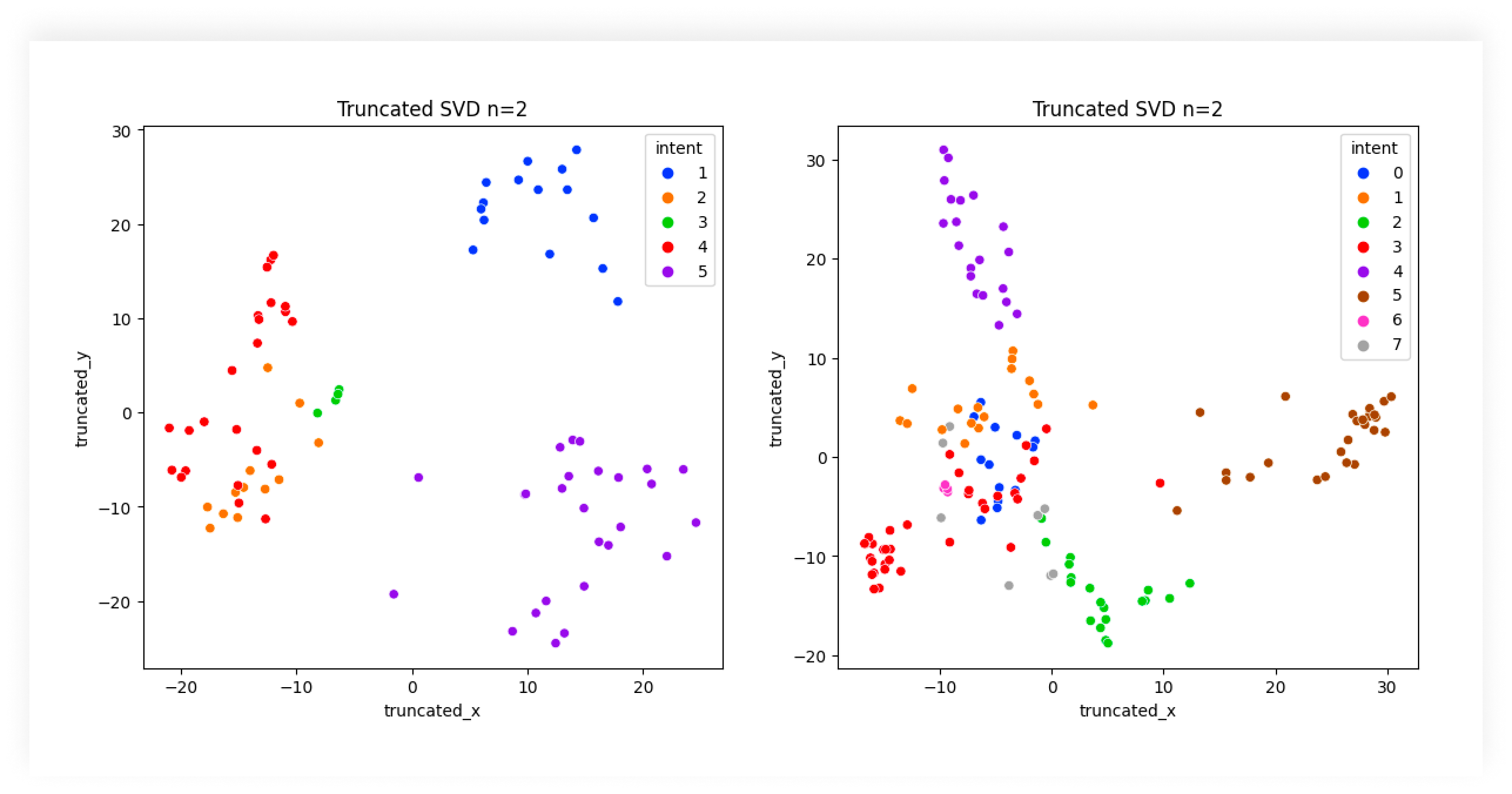
Introduction to AI Intent Classification
Discover the essential role of AI Intent Classification in enhancing user interactions with technology, improving customer support, and streamlining business op...

Anthropomorphism is the attribution of human traits, emotions, or intentions to non-human entities such as animals, plants, or inanimate objects. Deeply rooted in human psychology and culture, it appears in storytelling, religion, media, and everyday life, fostering emotional connections and understanding.
Anthropomorphism is the attribution of human traits, emotions, or intentions to non-human entities such as animals, plants, or inanimate objects. This concept is deeply rooted in human psychology and culture, manifesting in various forms of storytelling, religious texts, and everyday interactions with the world around us.
Anthropomorphism involves perceiving or portraying non-human entities as having human-like qualities. This might include:
The practice of anthropomorphism dates back to ancient civilizations, where myths and legends often featured gods, animals, and natural forces with human attributes. This storytelling device helped early humans make sense of the world around them, allowing for a more relatable and understandable narrative.
Anthropomorphism is prevalent in various aspects of culture and media:
From a psychological standpoint, anthropomorphism is considered an innate tendency of human cognition. It helps people relate to and empathize with their environment, fostering a sense of connection and understanding.
Several factors contribute to why humans anthropomorphize:
Anthropomorphism is a fundamental aspect of human interaction with the world. By attributing human traits, emotions, and intentions to non-human entities, we create a more relatable and comprehensible universe. This practice has profound implications in literature, psychology, and everyday life, illustrating the depth and complexity of human cognition and culture.
Anthropomorphism – Wikipedia Anthropomorphism | Definition, Examples & History | Britannica
Anthropomorphism is the attribution of human characteristics, emotions, or intentions to non-human entities like animals, plants, or objects, often seen in literature, media, and mythology.
Humans anthropomorphize to make sense of their environment, foster emotional connections, and relate to non-human entities with comfort and familiarity.
Anthropomorphism appears in stories, fables, and films where animals or objects act with human-like qualities, helping communicate moral lessons and engage audiences.
Smart Chatbots and AI tools under one roof. Connect intuitive blocks to turn your ideas into automated Flows.
Discover the essential role of AI Intent Classification in enhancing user interactions with technology, improving customer support, and streamlining business op...
An ontology in Artificial Intelligence is a formal specification of shared conceptualization, defining classes, properties, and relationships to model knowledge...
An embodied AI agent is an intelligent system that perceives, interprets, and interacts with its environment through a physical or virtual body. Learn how these...
Cookie Consent
We use cookies to enhance your browsing experience and analyze our traffic. See our privacy policy.
